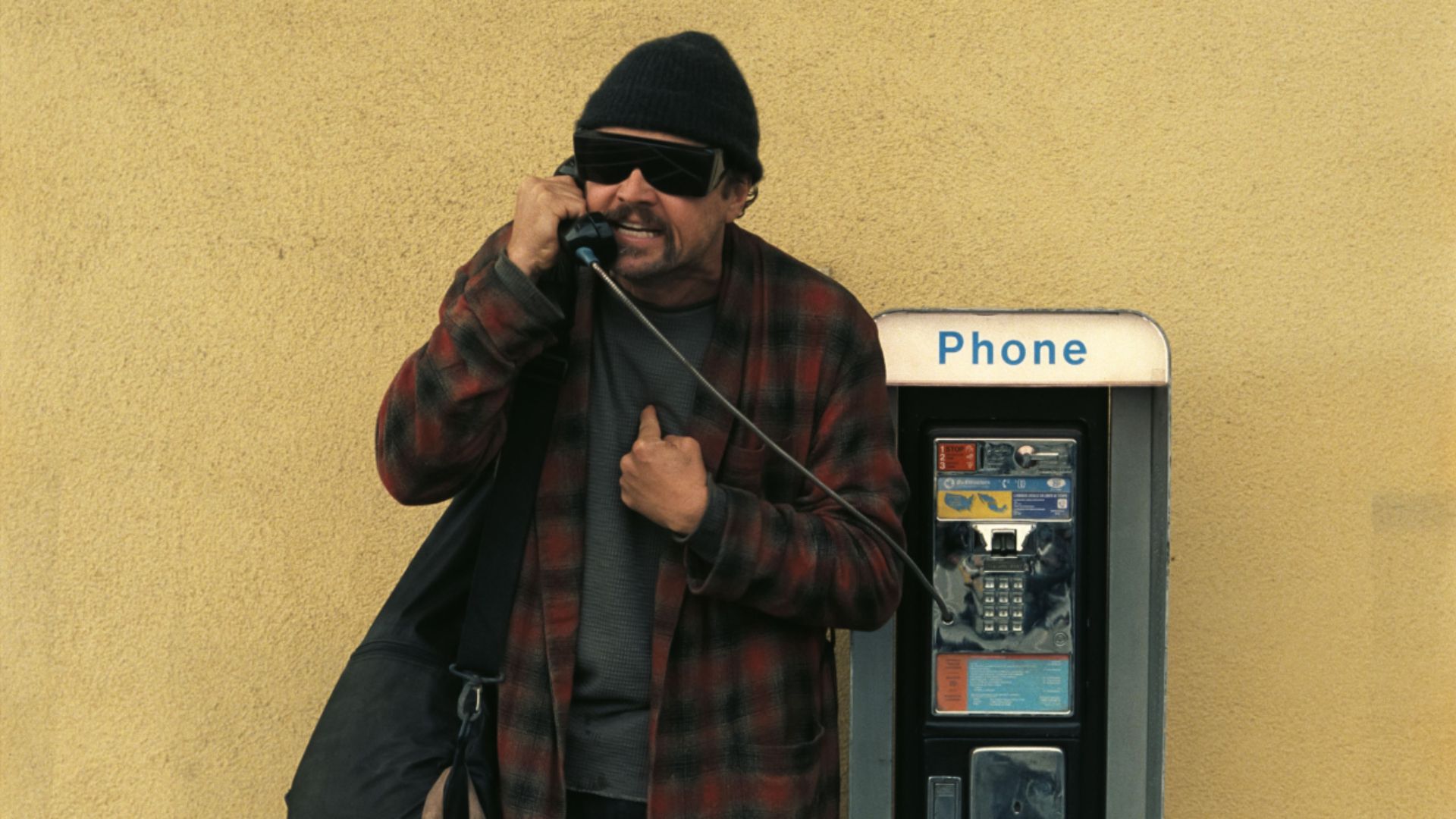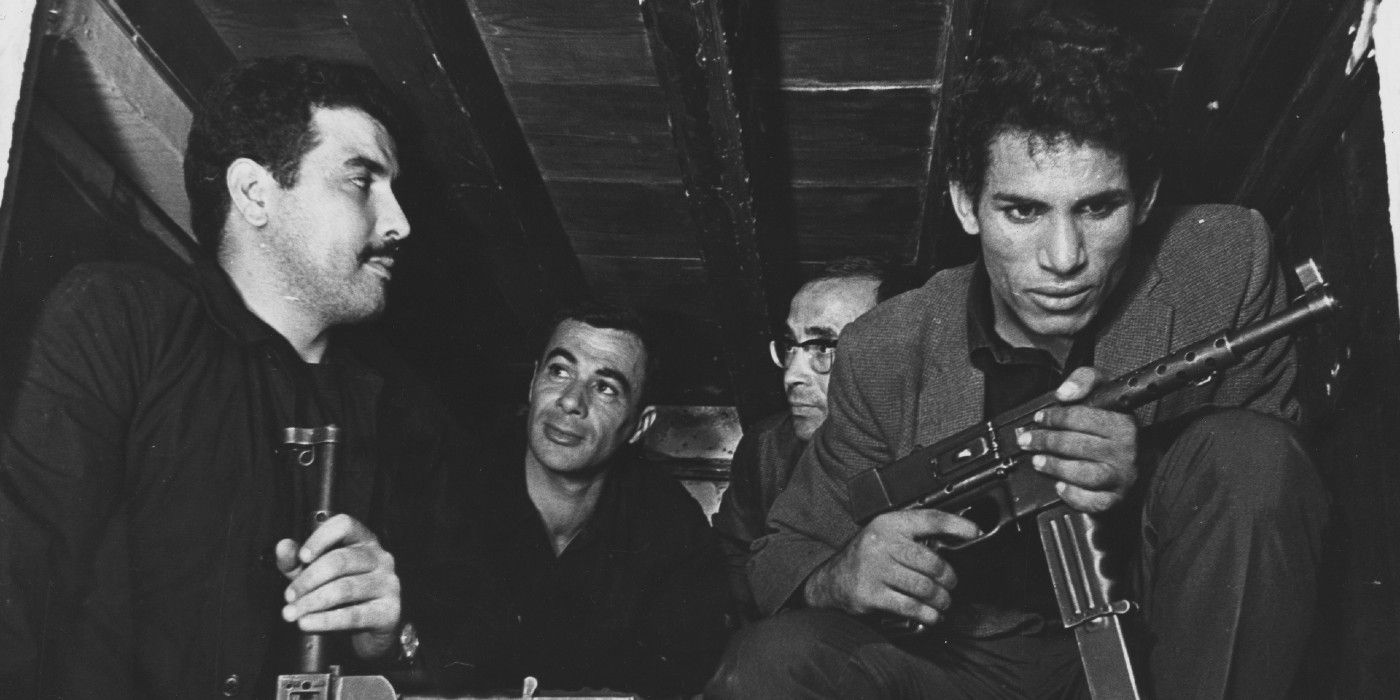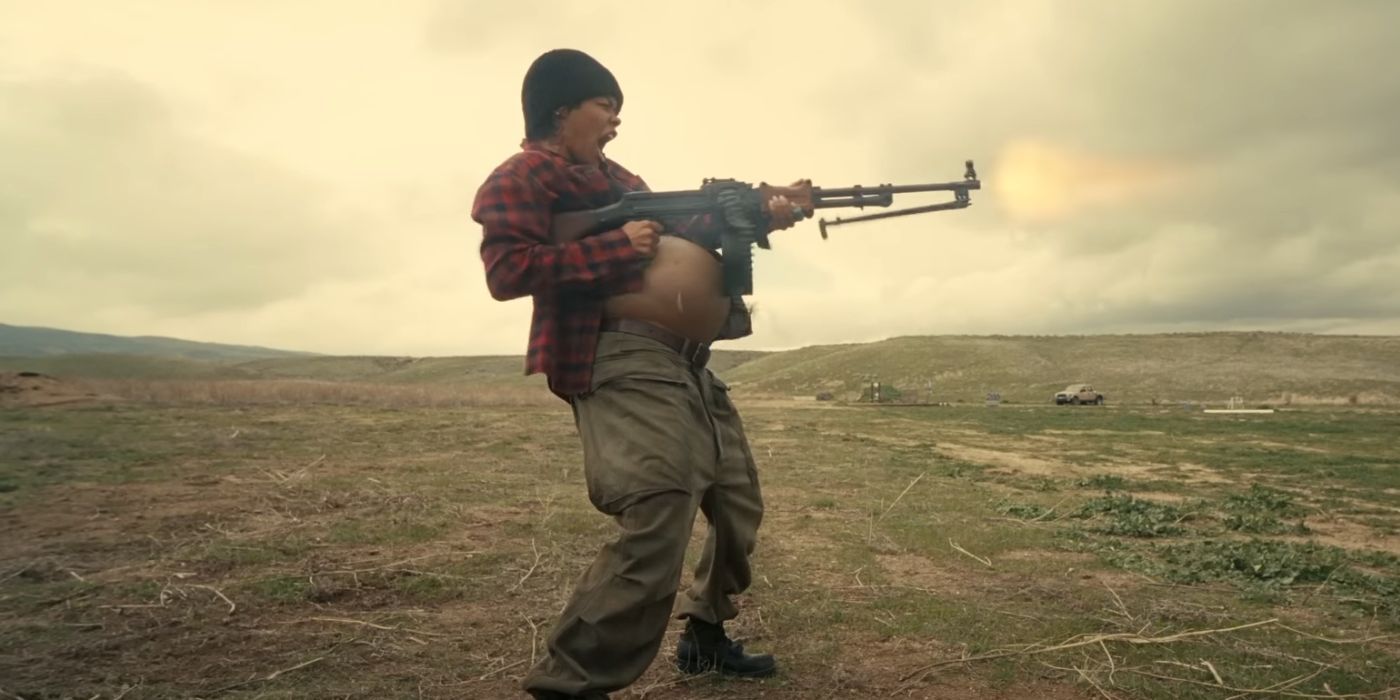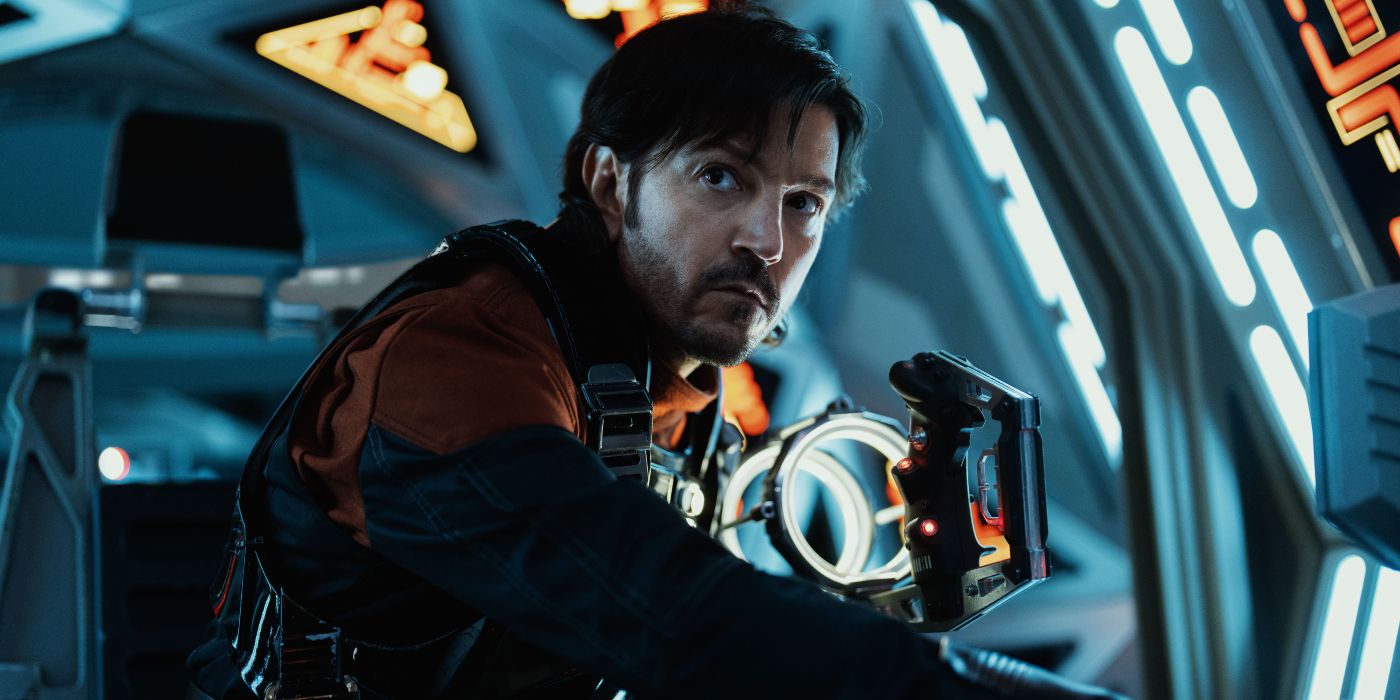
What similarities do Paul Thomas Anderson’s One Battle After Another, Quentin Tarantino’s Inglourious Basterds, and Tony Gilroy’s Andor share? Beyond receiving positive reviews, all three works are strongly influenced by the 1966 Italian-Algerian film, The Battle of Algiers. This film, directed by Gillo Pontecorvo, tells the story of the conflict between the FLN rebels and the French government between 1954 and 1962, with a special emphasis on the Battle of Algiers itself, which occurred from 1956 to 1957.
As a film enthusiast, I’ve always considered The Battle of Algiers a masterpiece, and a key example of the Italian neorealism movement. What really struck me is how the filmmakers used mostly non-professional actors – people who actually lived through the Algerian War – and shot it in a stark, black-and-white style. It feels incredibly authentic and documentary-like. It’s no surprise that directors I admire, like Stanley Kubrick, George Miller, and Christopher Nolan, have all mentioned it as a huge influence. Many consider it one of the best films ever made, and thankfully, it’s easily accessible – you can stream it on HBO Max.
‘The Battle of Algiers’ Initial Response, Controversy, and Impact

Allied Artists
The Battle of Algiers tells the story of the conflict from the viewpoints of both the Algerian rebels fighting for independence (the FLN) and the leaders of the French army. The film mainly focuses on two key figures: Ali la Pointe (played by Brahim Hadjadj), a soldier fighting with the FLN, and Colonel Philippe Mathieu (played by Jean Martin) of the French army. The movie was supported by the Algerian government and is based on Souvenirs de la Bataille d’Alger, a memoir written by Saâdi Yacef, an Algerian commander who was later captured by the French.
The Battle of Algiers is widely considered a cinematic masterpiece and received significant recognition after its release, including the Golden Lion at the Venice Film Festival. It earned Academy Award nominations on two occasions: in 1966 for Best Foreign Language Film, and again in 1968 for Best Adapted Screenplay and Best Director – an unusual achievement for a foreign film at that time. Despite its acclaim, the film faced strong opposition from French critics, with some boycotting its premiere at the Venice Film Festival. Due to its critical portrayal of French colonialism, The Battle of Algiers was prohibited in France for a year and wasn’t shown there until 1971, as it struggled to find a distributor.
In 1968, reporter Jimmy Breslin described The Battle of Algiers as a “guerrilla warfare training film.” While a bit hyperbolic at the time, the film did seem to inspire many 20th-century political activist movements, as well as the United States government. In his 2004 retrospective, Roger Ebert noted that The Battle of Algiers “was shown by the Black Panthers and the IRA to their members, and in September 2003, the New York Times reported that the movie was being shown in the Pentagon to military and civilian experts.”
Since its release, The Battle of Algiers has become a widely recognized and influential film. In 2025, Rotten Tomatoes ranked it as number 12 on their list of the 300 best movies, based on reviews. Furthermore, in 2023, The New Republic listed The Battle of Algiers as the number one most important political film ever made. Its influence extends to popular culture, and can be seen in many popular movies and TV shows from this century.
‘The Battle of Algiers’ Impact on Pop Culture Is Felt Nearly 60 Years Later



Because of its enduring fame, The Battle of Algiers has been a source of inspiration for filmmakers for almost sixty years. Recently, Paul Thomas Anderson used the film in his highly praised One Battle After Another. In the film, Bob (Leonardo DiCaprio) is shown watching The Battle of Algiers on TV right before he learns that he and his daughter are in trouble. Paul Thomas Anderson specifically mentioned The Battle of Algiers as a key influence on One Battle After Another, even recommending it as one of five films to watch on Turner Classic Movies before seeing his new movie.
Quentin Tarantino often takes ideas from other films, and The Battle of Algiers clearly influenced Inglourious Basterds, which many consider to be his greatest work. A piece of music called “Algeri: 1 Novembre 1954” by composer Ennio Morricone is used in Inglourious Basterds as the main theme for the titular group, and it’s especially memorable when they bring Sgt. Hugo Stiglitz on board. Tarantino and Morricone would later work together on The Hateful Eight.
As a film buff, I’ve been fascinated to see how much Disney+’s Andor seems to owe to The Battle of Algiers. The original Star Wars trilogy gave us a Rebel Alliance, and Andor‘s creator, Tony Gilroy, really wanted to bring that same gritty, realistic feel – inspired by that incredible guerrilla film about a real rebellion – into the Star Wars universe. The way Cassian Andor develops in Season 1 feels *very* similar to Ali La Pointe’s arc; he goes from being an outsider to a dedicated rebel, knowing full well he might not live to see the revolution succeed.
The planet Ferrix seems to have been inspired by Algiers, and the series as a whole follows the pattern of The Battle of Algiers. It portrays the conflict by showing viewpoints from both the Rebels and the Imperial forces, and how each reacts to the other. The intense finale of Andor‘s first season strongly reminds viewers of the uprising that concludes The Battle of Algiers, an event that ultimately led to Algeria’s independence from France.
Next year will be the 60th anniversary of the first showing of The Battle of Algiers. The film is still as powerful and meaningful today as it was when it came out. If you’re looking to watch a truly important movie – one that has influenced a lot of popular culture and many famous directors – The Battle of Algiers is now available to stream on HBO Max.
Read More
- Five Nights At Freddy’s 2 Review: The Video Game Movie Sequel Limbos Under The Low Bar Set By The First Film
- ‘And Then The Chesty One Comes In.’ SNL’s Cut For Time Sketch Hilariously Reimagined Sydney Sweeney And Zendaya’s Euphoria
- 2025 Officially Marked The Start Of An Era For Spider-Man
- 2026’s Biggest Sleeper Hit With 89% RT Proves Hollywood Is Dangerously Out of Touch
- Nintendo Releases First Official Zelda Movie Photos, Revealing Link and Zelda in Costume
- CBS Effectively Explains Why Tracker Got Rid Of Bobby & Velma
- The Hulk’s New MCU Update Looks Like Exactly What The Hero Needs
- If You Loved The First Omen, You Need To Check Out This New Horror Film
- Pokémon Legends Johto Leak Leaves Gamers Torn
- Mindhunter: Netflix’s Psychological Thriller Masterpiece
2025-10-04 20:49